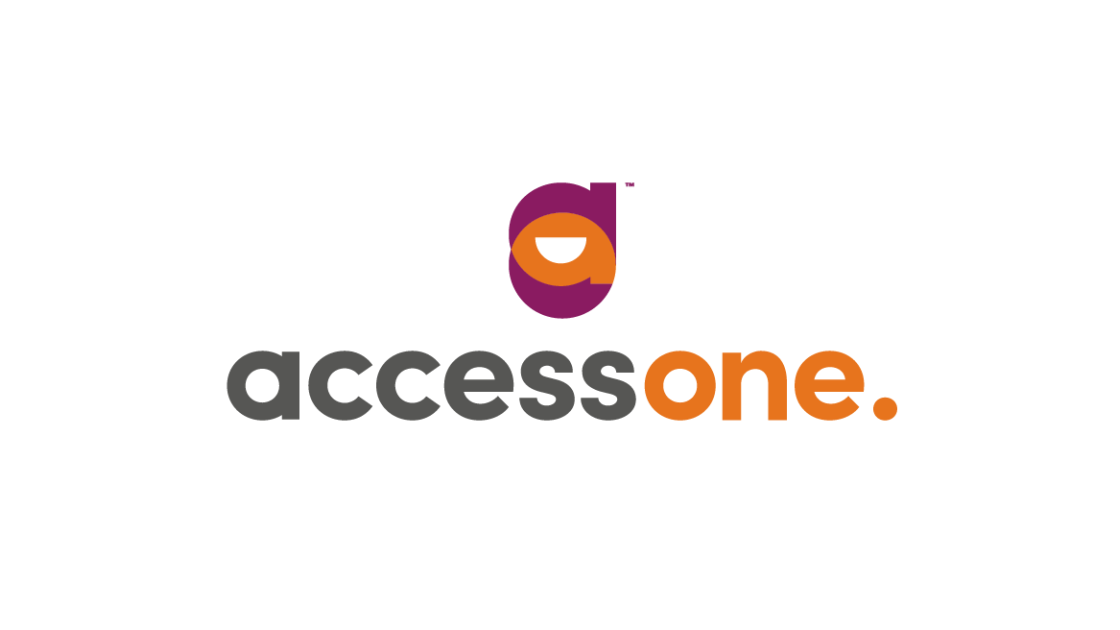
The art of mindfulness: An expert’s 3-step guide to embrace the present
Could changing the way you think for a few moments a day lead to a healthier you? SIU Medicine’s certified mindfulness-based stress reduction expert Ruta Kulys says yes! Mindfulness training influences health through stress reduction pathways, which, in turn, leads to improved health.
What is mindfulness training?
Kulys, LCSW, who is also certified Mindfulness Based Cognitive Therapy (MBCT), mindfulness, or the awareness of one’s thoughts and emotions, has the potential to help us respond rather than react.
“Mindfulness training helps people develop their ability to concentrate and to be aware of their experience as it occurs,” explains Kulys, who has been teaching this practice to patients for more than 14 years. “Mindfulness practice gives us the tools to learn about ourselves— our emotions, our thoughts, what we are feeling in our bodies. These are constantly changing and the practice is an opportunity to pay attention and to take stock of our own experiences.”
In its most basic form, Kulys says mindfulness training is learning to pay attention. “It’s simple, but it involves practice. Just as you can’t learn to play the piano in a day, mindfulness training takes regular practice.”
What are the benefits?
“People who practice regularly report feeling calmer, better equipped to handle the tough times and better able to appreciate the good times,” explains Kulys.
Kulys’ clients aren’t alone. The American Psychological Association points to numerous benefits of mindfulness training, including:
- Reduced rumination
- Stress reduction
- Boosts to working memory
- Improved ability to focus
- Less emotional reactivity
- Improved cognitive flexibility
- Relationship satisfaction
A recent Carnegie Mellon University research suggests mindfulness training can reverse the body’s stress response. When people become stressed, activity in the prefrontal cortex decreases while activity in other areas of the brain, including the hypothalamus and amygdala, increases. Chronic stress can lead to a range of health issues, including hypertension, GI problems, anxiety and depression. Mindfulness training, however, has been shown to reverse this pattern, softening the biological response to stress.
“If we don’t have healthy ways to manage stress, then we use unhealthy ways to manage stress: We eat too much, drink too much, work too much and further damage our health,” explains Kulys. But, mindfulness training can help individuals identify and manage that stress. “If we pay attention, we notice the small physical and emotional signs of stress,” says Kulys. “If we don’t pay attention, we often don’t address the signs of stress until they become too big to ignore.”
How can you learn to be more mindful?
Kulys recommends beginning with three simple steps:
- Stop and breathe. Noticing your breath brings you into the present and can help you shift out of automatic-pilot.
- Do one thing at a time. Take a break from multi-tasking and pay attention to doing just one thing. When you are eating, just eat. When you are listening to someone, give them your undivided attention.
- Check in with yourself. Take a few minutes a day to take stock of what you feel in your body, what your predominant mood is and what thoughts are occupying your mind. Use this information to inform how you take care of yourself.
Get the most out of mindfulness-based stress reduction with a new program by SIU Medicine’s Neuroscience Institute. Join Kulys as she leads an 8-week program, beginning January 22 at Simmons Cancer Institute, 315 W. Carpenter St. Learn more at http://www.siumed.edu/pr/highlights/reduce-stress-mindfulness-methods.html.



